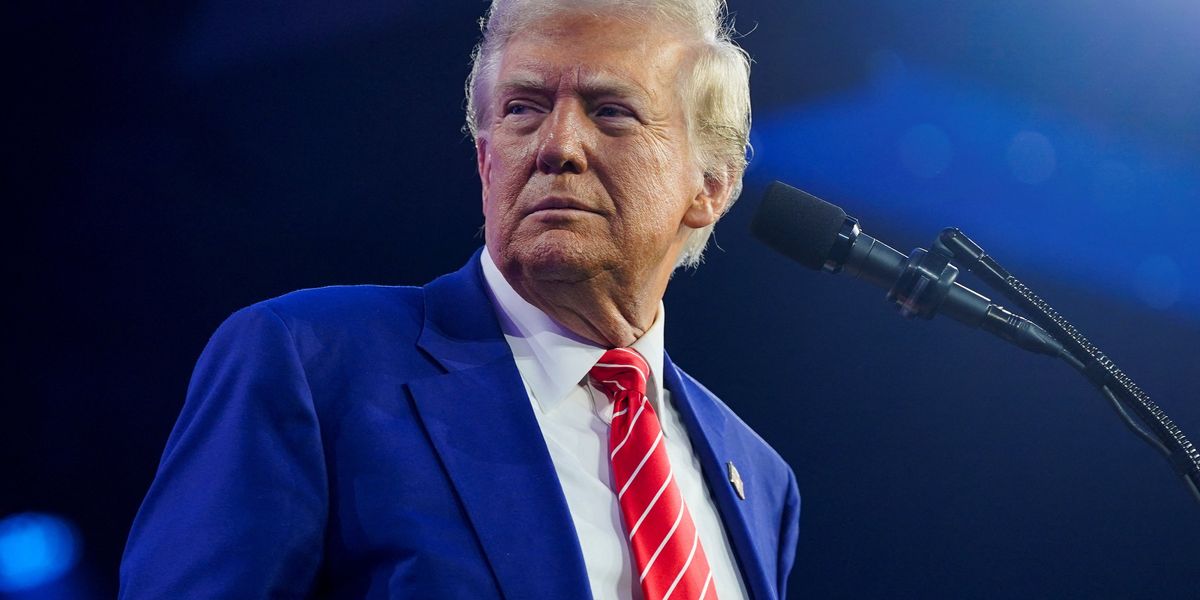
The Unraveling of Trust: When Political Pardons Undermine Public Confidence
The recent pardon of a prominent figure in the automotive industry has sparked outrage and raised serious questions about the integrity of our justice system. This individual, often described as the “biggest scam artist” in the sector, amassed a fortune through deceptive practices, leaving a trail of financial ruin and broken promises in their wake. The pardon, issued without sufficient explanation or public justification, feels like a slap in the face to those who were harmed by this individual’s actions and to the principles of accountability that underpin a fair society.
The decision to grant this pardon is particularly troubling given the gravity of the offenses. Years of legal battles and mounting evidence clearly demonstrated a pattern of fraudulent behavior, involving manipulation of financial records, misleading investors, and ultimately, causing significant economic damage to countless individuals and businesses. The original convictions, achieved after extensive investigations and trials, seemed to reflect a just outcome, a measure of closure for the victims.
The justification – or rather, lack thereof – for the pardon further fuels public distrust. Without transparency and a compelling explanation, the act appears arbitrary and politically motivated, leaving citizens to question whether justice is truly blind or merely a tool to be wielded for personal gain or political expediency. This undermines faith in the process itself, suggesting that the weight of the law may depend less on the severity of the crime and more on connections to power.
Beyond the specific case, this pardon raises broader concerns about the abuse of executive power. The ability of a leader to overturn judicial decisions carries immense responsibility, a power that should be exercised cautiously and only in exceptional circumstances, with clear and justifiable reasons. Instead, we see a pattern emerging where pardons are used not to correct judicial errors or promote justice, but to reward allies, protect the powerful, and erode public trust in the system.
The lack of accountability further complicates matters. In a democratic society, leaders should be held accountable for their actions, subject to scrutiny and the judgment of the people they represent. This pardon, coupled with the lack of a reasonable explanation, demonstrates a disregard for public opinion and a dismissal of the concerns of those affected. It creates a climate of impunity, signaling that certain individuals are above the law, regardless of their actions.
The long-term consequences of such actions could be significant. When public faith in the justice system erodes, it creates instability and undermines the rule of law. It breeds cynicism and discourages cooperation with authorities, ultimately hindering the ability of society to hold those in power responsible for their deeds. The consequences extend beyond the individual case, affecting the overall health and stability of our democratic institutions.
This pardon is not simply about one individual; it’s about the erosion of ethical standards in leadership and the consequential damage inflicted on the public’s trust. It’s a reminder that the fight for justice is an ongoing process, requiring constant vigilance and a renewed commitment to principles of accountability and transparency. Until then, the shadow of this pardon, and others like it, will linger, casting doubt on the fairness and integrity of our systems of justice.



Leave a Reply